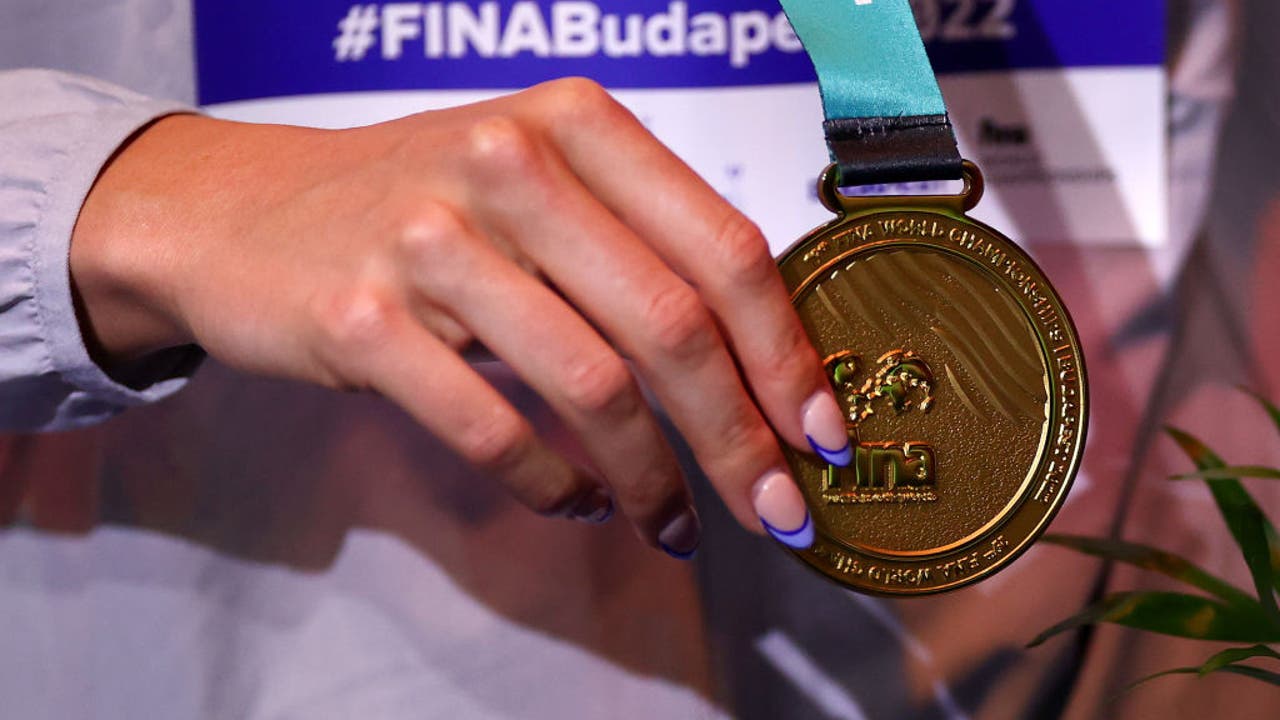
FINA, the governing body of the world swimming announced that they would not allow transgender athletes to participate in women’s events. On Sunday, FINA members largely accepted a new “gender inclusion policy”. The policy allows only swimmers who transformed before the age of 12 to participate in women’s competitions. There were also recommendations for an “open competition category” by the group.
The proposal received a green signal at the World Championships in Budapest, which are now underway. It implies that Lia Thomas, a transgender American collegiate swimmer, will be unable to participate in the female division. The ban, however, will not apply to national federations or the NCAAs where Thomas recently won the 500-yard freestyle. Rather, each national federation will have to decide whether or not to implement decisions taken by FINA.
FINA announces new gender policy
A spokesperson for FINA said, “This is not saying that people are encouraged to transition by the age of 12. It’s what the scientists are saying, that if you transition after the start of puberty, you have an advantage, which is unfair. They’re not saying everyone should transition by age 11, that’s ridiculous. You can’t transition by that age in most countries and hopefully, you wouldn’t be encouraged to. Basically, what they’re saying is that it is not feasible for people who have transitioned to compete without having an advantage.”
At the firm’s extraordinary general congress, people voted 71.5 percent in favor after listening to presentations from three professional groups. The presentations were by athlete group, a science and medicine group; and a legal and human rights group. They are to develop the strategy concerning recommendations made by the International Olympic Committee last November. The IOC proposed that the focus be switched aside from individuals’ testosterone levels and that information be provided to demonstrate when there is a performance advantage.
Moreover, other sports have looked into their rules as well. Cycling’s governing body changed its qualification regulations for transgender athletes on Thursday. They are imposing tighter requirements that will require cyclists to wait longer to participate. The International Cycling Union are extending the low testosterone transitioning time to two years. Furthermore, have cut the maximum testosterone level that is eligible for use.
